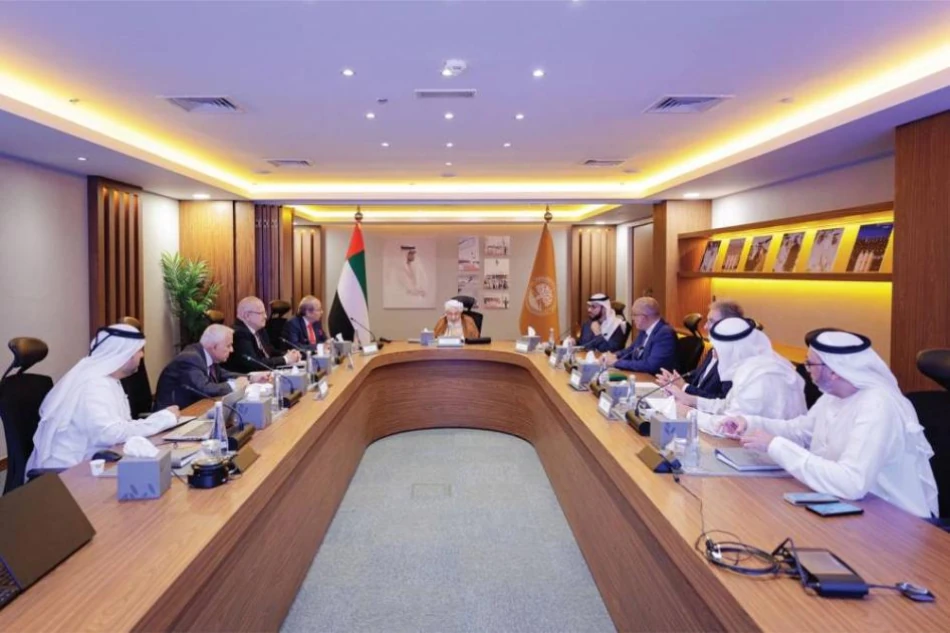
Mohamed bin Zayed University Council Explores Enhancing Its Future Journey
The Mohammed bin Zayed University for Humanities held its tenth Supreme Scientific Council meeting in Abu Dhabi, where members reviewed major academic initiatives and discussed plans to strengthen the institution's role in Islamic studies and social sciences. The gathering signals the UAE's continued push to establish itself as a knowledge hub in the region.
Sheikh Abdullah bin Bayyah, who chairs the council, opened the meeting by highlighting the university's progress over recent months. He pointed to significant developments in academic programs, research projects, and community outreach efforts. These achievements, he said, reflect the UAE's broader vision of building knowledge leadership while supporting sustainable development goals.
The council examined several key initiatives that align with the university's strategic direction. The standout program is the "Hamdan bin Zayed Diploma for Sustainable Humanitarian Leadership," designed to train qualified leaders in humanitarian and development work. This program combines academic expertise with practical field experience, strengthening the UAE's position in humanitarian efforts globally.
Dr. Khalifa Mubarak Al Dhaheri, the university's director, joined the discussions as members explored ways to advance the institution's future trajectory. The focus remained on expanding programs across Islamic studies, humanities, and social sciences.
The council also reviewed preparations for an upcoming conference titled "Philosophy, Belief, Science, and Rationality" scheduled to take place in Paris. This event represents the university's commitment to building international partnerships and creating dialogue between religion, science, and reason.
The Paris conference reflects a broader strategy to position knowledge as a bridge for human understanding and cultural integration. For the UAE, these academic initiatives serve multiple purposes - they enhance the country's soft power influence while contributing to intellectual discourse on global challenges.
The university's approach suggests the UAE is investing in long-term knowledge infrastructure rather than short-term gains. By focusing on humanitarian leadership training and interfaith dialogue, the institution addresses practical needs while building academic credibility in sensitive areas where the region has significant stakes.
Most Viewed News

 Omar Rahman
Omar Rahman






